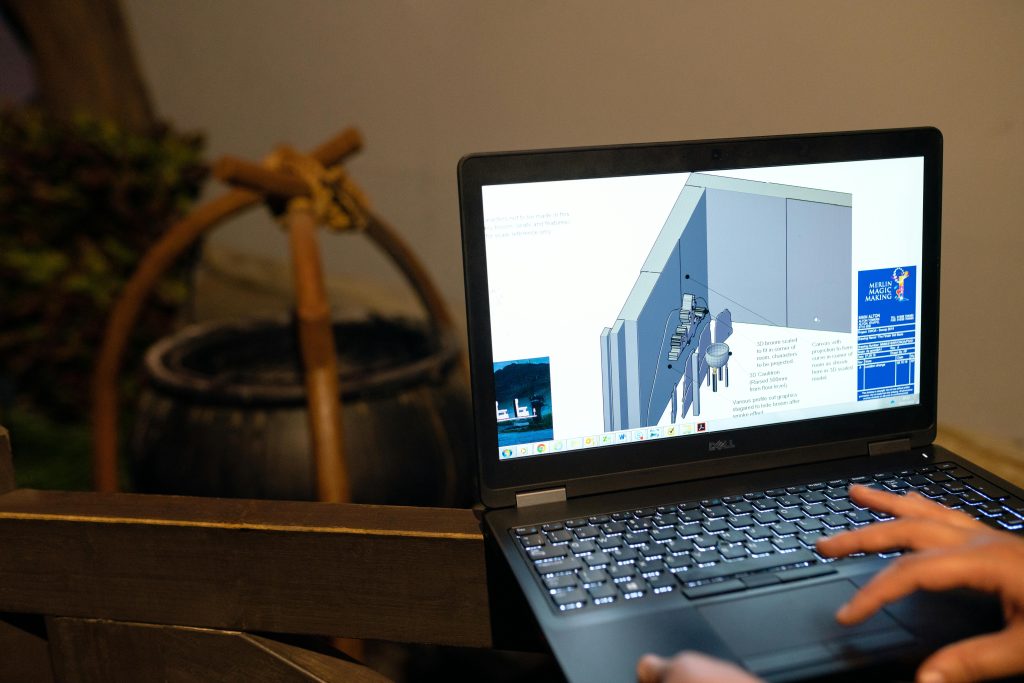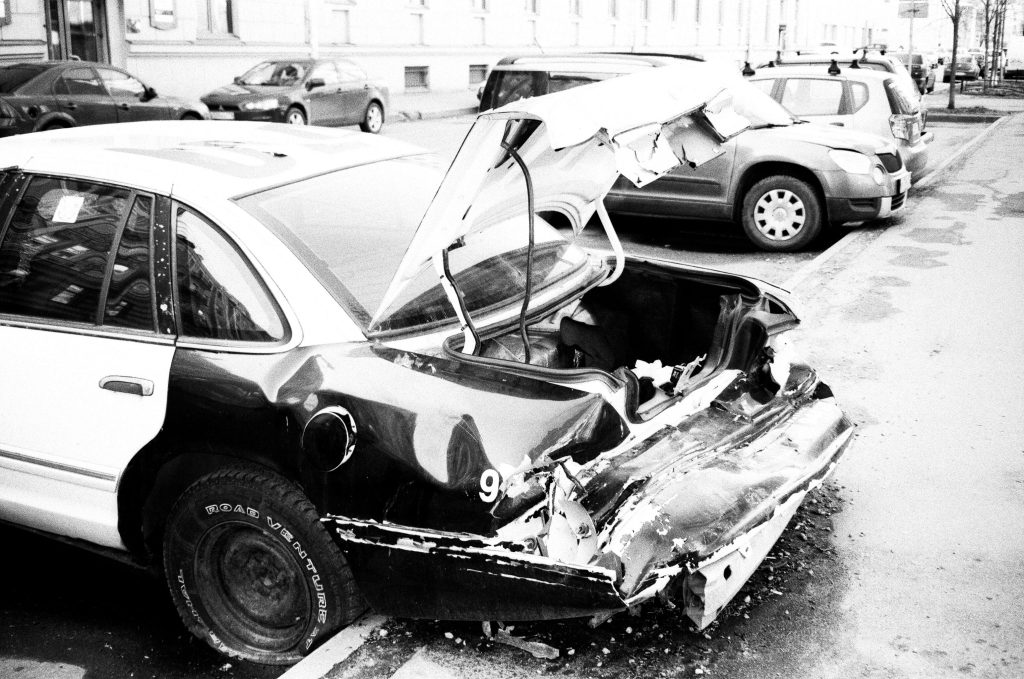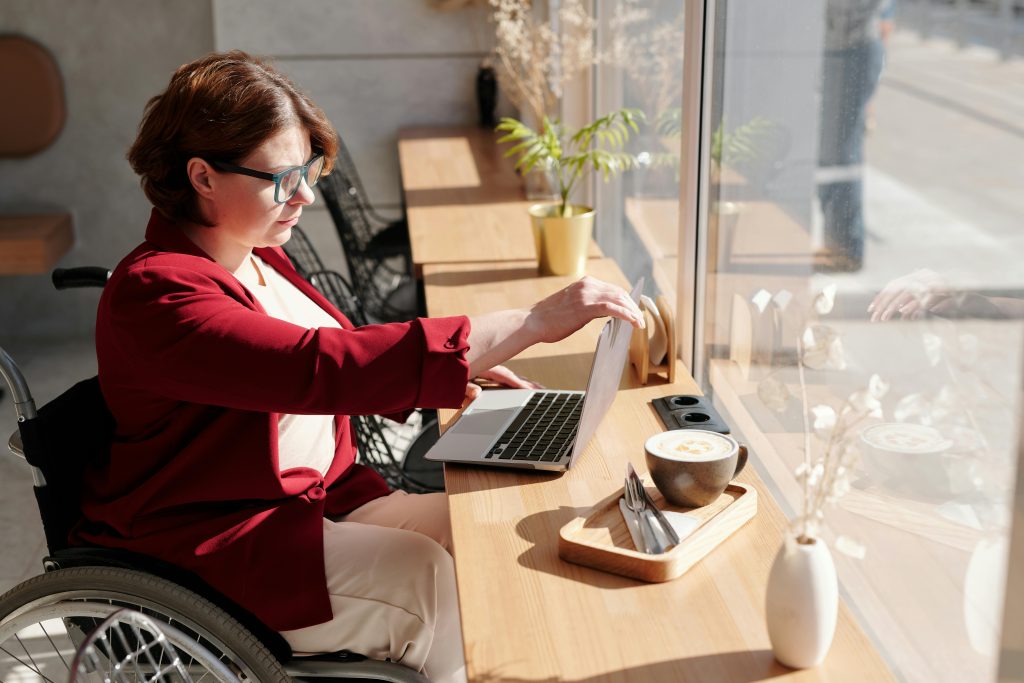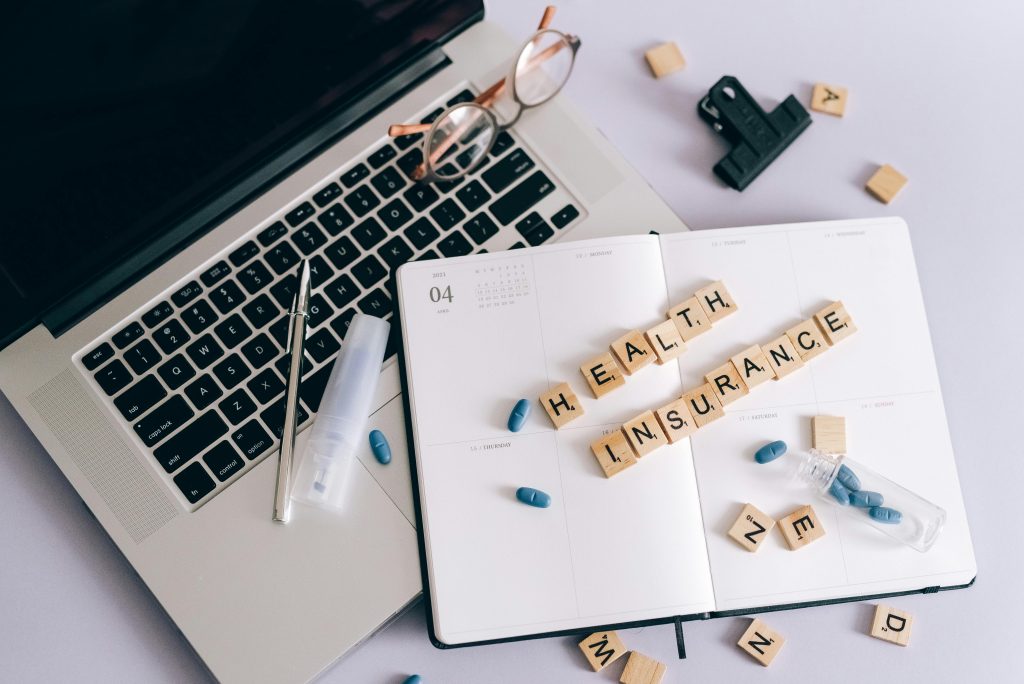Dealing with a serious injury case can feel stressful and confusing. Many people face these same feelings when they start a tough claim. Nearly 70 percent of personal injury cases need strong evidence to succeed.
In this blog, you will find simple steps to help you handle your claim. You will learn how to keep good records, use technology in smart ways, and work better with your attorney. Keep reading for clear tips that make each step easier and take away some of the stress from the legal process.
Prioritize Immediate Medical Attention
Seeking prompt medical care protects my health and my legal claim. Quick treatment creates clear medical records, which are vital evidence in injury cases. Delays can weaken the link between the accident and the injury, making it harder to prove liability or negligence.
A doctor’s report also helps show the true extent of damages like catastrophic injuries. The insurance company or opposing party may use any delay to question the seriousness of my injuries.
As one attorney often says,.
“Early medical attention is the first step in building a strong case.”
Acting fast gives my claim process a strong foundation for fair compensation and settlement.
Collect and Preserve Evidence
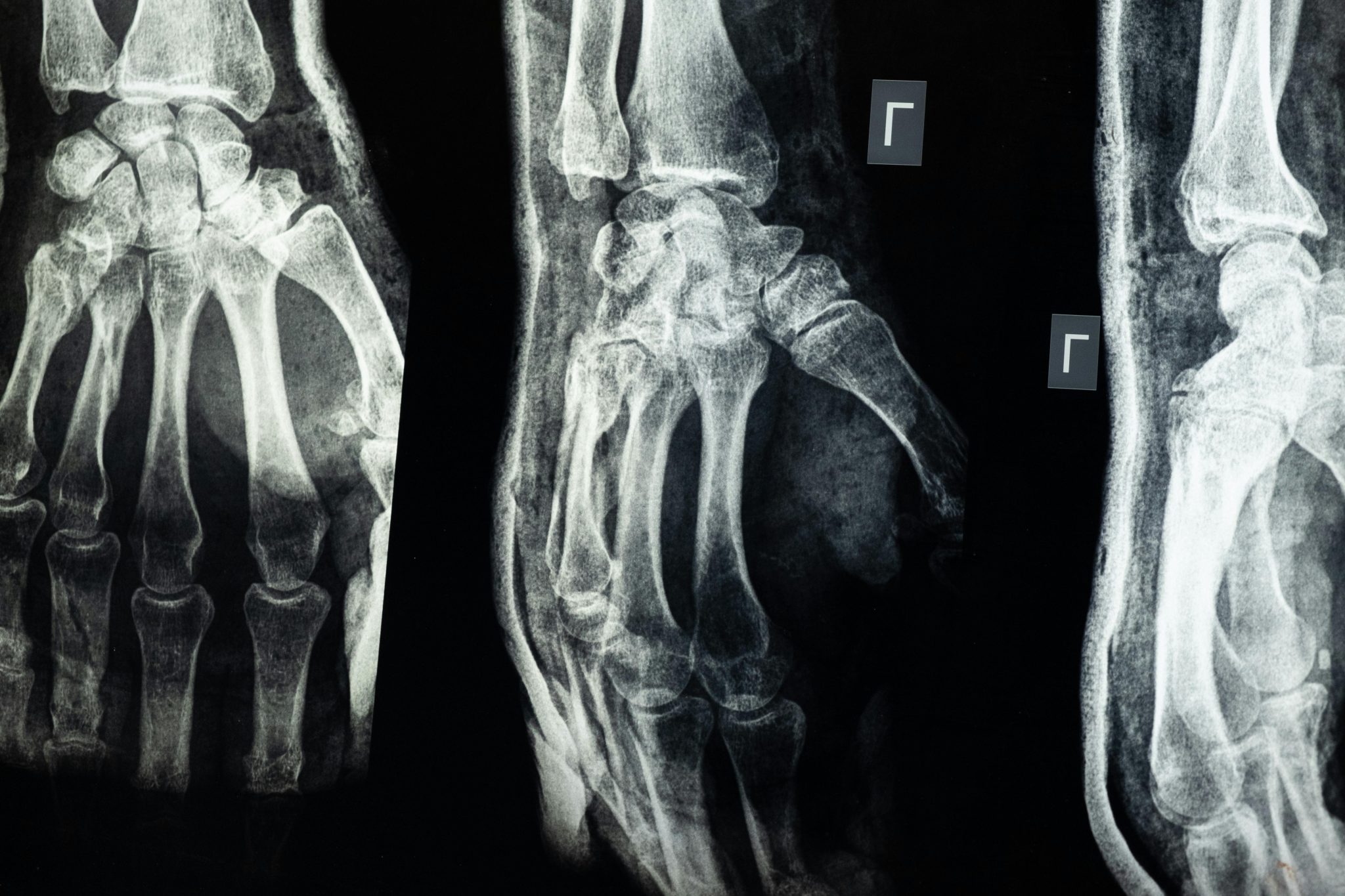
I always take photos of the scene right after an injury. I also write down details and gather witness information because this helps my case later on.
Take photos or videos of the scene, injuries, and damage
I use my phone to take clear photos or videos right after an accident. These images help show the scene, my injuries, and all damage. The view should include cars, streets, broken items, and any marks on the road.
I make sure to get close-ups of cuts or bruises and wide shots for context. My pictures can support my claim process by giving strong medical evidence.
Lawyers or insurance agents may use these photos during settlement negotiation or litigation. They help prove liability or negligence in complex injury cases. By saving time-stamped media files, I keep key evidence safe for later stages like trial preparation or risk assessment.
Gather witness information and official reports
I ask people who saw the accident for their names and contact details. Witness accounts can help prove liability or negligence in injury cases. Police reports, incident forms, or fire department records also add strong evidence to my claim process.
These official documents often include facts that support my side during investigation or settlement negotiation.
Sometimes, witnesses forget important details over time, so I write down what they remember soon after the event happens. Official reports may list damages, injuries, and even statements from both parties involved.
Keeping all this information helps my personal injury attorney build a strong legal strategy for fair compensation or litigation if needed.
Consult an Experienced Personal Injury Attorney
Finding a good personal injury attorney is key. A lawyer knows the claim process. They understand liability and how it affects compensation. I seek someone with experience in similar cases, especially for catastrophic injuries.
Meeting with an attorney helps me assess my case effectively. They guide me on what evidence to gather and how to present it. Their legal background gives me confidence during negotiations or litigation.
This support makes dealing with medical records and documentation easier as well.
Maintain Detailed Documentation
5. Keep clear records of everything related to your injury case. Track your medical bills and treatment plans. Write down how the injury affects your daily life. This information is key for a strong case.
Want to learn more about managing your case?
Track medical bills, treatment plans, and daily impacts of the injury
I monitor my medical bills carefully. I record every charge and payment. Understanding these costs helps me see the complete picture of my injury expenses. Treatment plans are also essential.
Each doctor’s visit, therapy session, and medication must be documented.
Daily impacts from the injury are important as well. I note how I feel each day. Some days are better than others; some are challenging. This daily log helps me demonstrate how the injury influences life in general.
a catastrophic injury lawyer Ontario can provide invaluable support in ensuring that your rights are protected throughout the legal process.
Such documentation is crucial for developing a strong case for compensation later on.
Communicate Clearly with Your Attorney

I need to stay in touch with my attorney. I answer their questions quickly and keep up with what’s happening in my case.
Respond promptly to requests for information
I always try to respond quickly to my attorney’s requests for information. This helps the case move forward faster. Updating them with facts like medical records or details about the accident is essential. In some cases, utilizing services for legal document delivery can make this process even smoother. When original documents, signed affidavits, or court filings need to be delivered securely and on time, professional couriers ensure nothing gets delayed or misplaced. This level of reliability can make a significant difference in meeting legal deadlines and keeping your case well-organized.
Good communication can strengthen my claim.
Being timely shows I am serious about my case. It also helps build trust with my attorney. A strong relationship allows us to work well together in seeking a fair settlement or preparing for trial.
Efficient responses keep everything organized and on track in this complex process.
Stay informed about case progress
I check in with my attorney regularly. Staying updated on case progress helps me understand what is happening. My lawyer will share important news and any changes to the timeline. I make sure to ask questions if something isn’t clear.
Communication is key during this process. I need to know about all developments, including settlement offers or negotiation points. Keeping informed allows me to stay engaged and prepared for what’s next in my personal injury case.
Leverage Technology for Case Management
I can use technology to help manage my case better. Legal tools are great for keeping records organized and making tasks easier.
Use legal tech tools to organize records and streamline processes
Legal tech tools make handling injury cases easier. I organize records with these tools. They help keep everything in one place, like medical records and evidence. This saves time and reduces stress during the claim process.
Using software for case management also streamlines tasks. I can quickly access important documents or share them with my attorney. This clear communication helps move things along faster in negotiations and settlements.
Avoid Common Pitfalls
Watch out for mistakes that can hurt your case. Don’t sign any papers or give detailed statements without talking to your lawyer first.
Do not sign documents or provide detailed statements without legal advice
Signing documents or sharing statements without legal advice can be a mistake. Important details may be buried in the fine print. I might trust that everything is clear, but it often isn’t.
An experienced personal injury attorney can help me understand what I’m signing.
A simple sentence could mean a lot more than it seems. It may affect my claim process and compensation later on. Taking this step helps protect my rights and supports my case for fair settlement outcomes.
Always seek guidance before taking such actions; it is crucial for preserving evidence and liability issues in injury cases.
Be Patient with the Legal Process
Legal cases take time. I must understand that the process is often slow. Each step requires careful attention. Delays can happen for many reasons, like gathering evidence or waiting on medical records.
Patience helps me stay focused on my recovery.
Staying calm keeps stress in check. Rushing decisions can lead to mistakes. My personal injury attorney works hard to explore all options for a fair settlement or trial outcome. I trust them with my case as we move forward together.
Now, it’s important to focus on recovery and adhere to medical guidance next.
Focus on Recovery and Adhere to Medical Guidance
I focus on my recovery after an injury. Following the doctor’s orders is crucial. I attend all appointments and take prescribed medications. This helps ensure a smoother healing process.
Keeping track of my medical records aids in building my case later. I stay informed about my treatment plan and any changes needed. Each step forward strengthens my claim for compensation and guides me toward a fair settlement or trial outcome.
Work Towards a Fair Settlement or Trial Outcome
I aim for a fair settlement or trial outcome after an injury. Negotiating does not just mean asking for money. It requires understanding the details of my case and the damages I deserve.
Gathering evidence is crucial here; medical records, photos, and witness statements support my claim.
If negotiations do not succeed, preparing for trial may be necessary. My attorney will help build a strong case that demonstrates negligence from the other party. During this process, staying calm and focused on facts is what matters most.
Every step taken contributes to achieving a better result in my personal injury case.
Conclusion
Complex injury cases can be tough. I learned that taking quick action is key. Gathering evidence and getting medical help matters. Keeping clear communication with my attorney helped me stay on track.
Focusing on recovery while understanding the legal steps brings better outcomes in the end.






